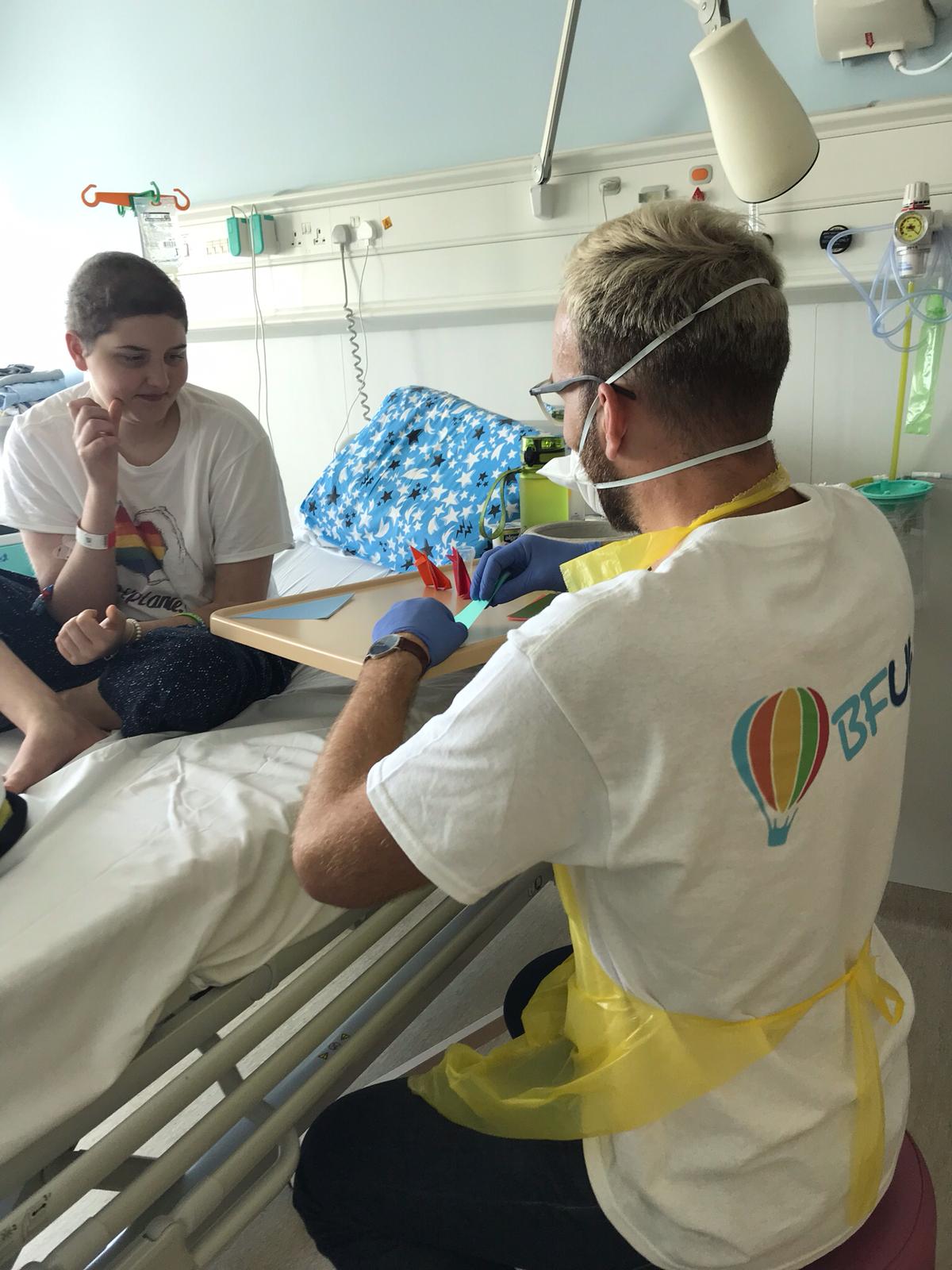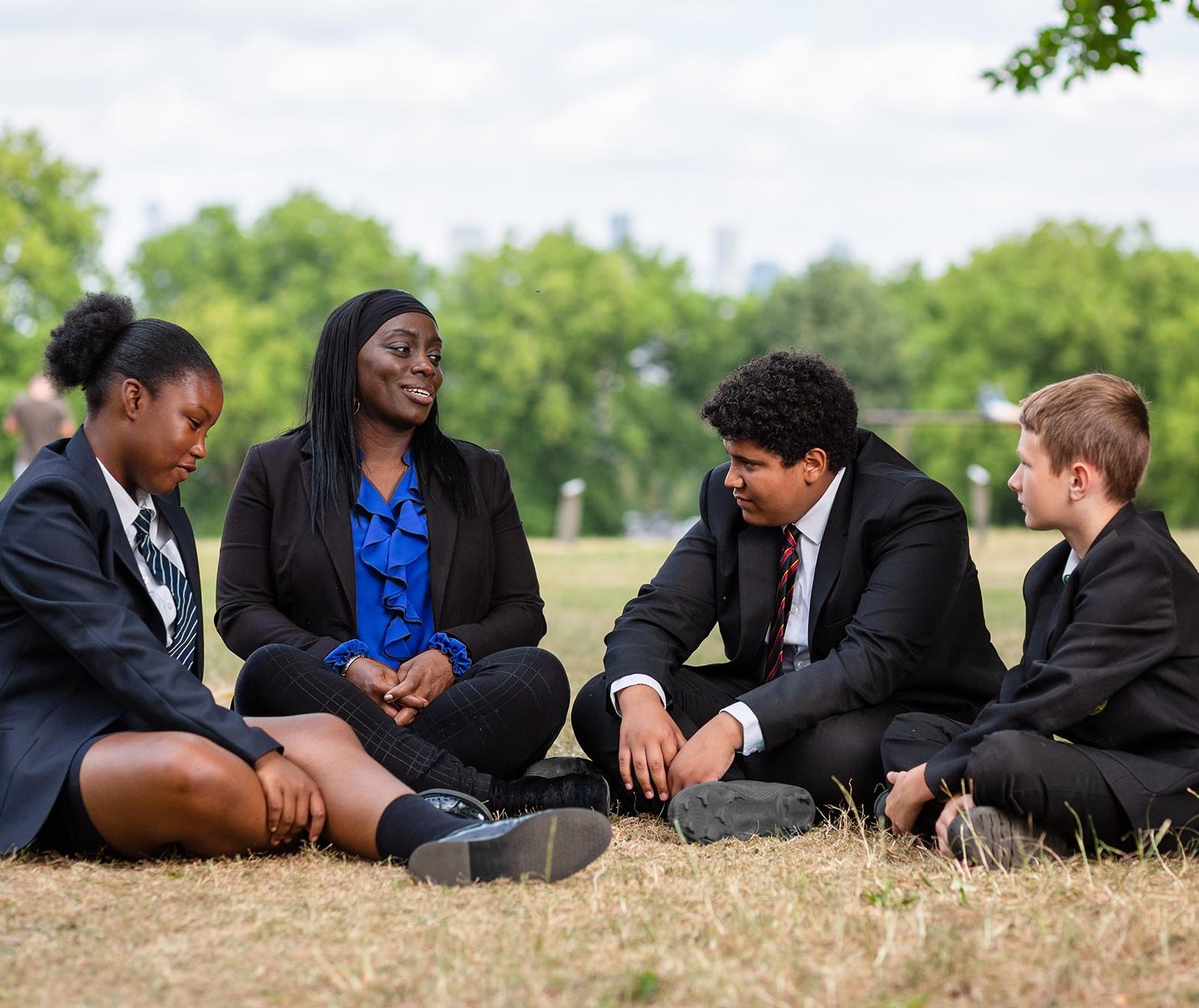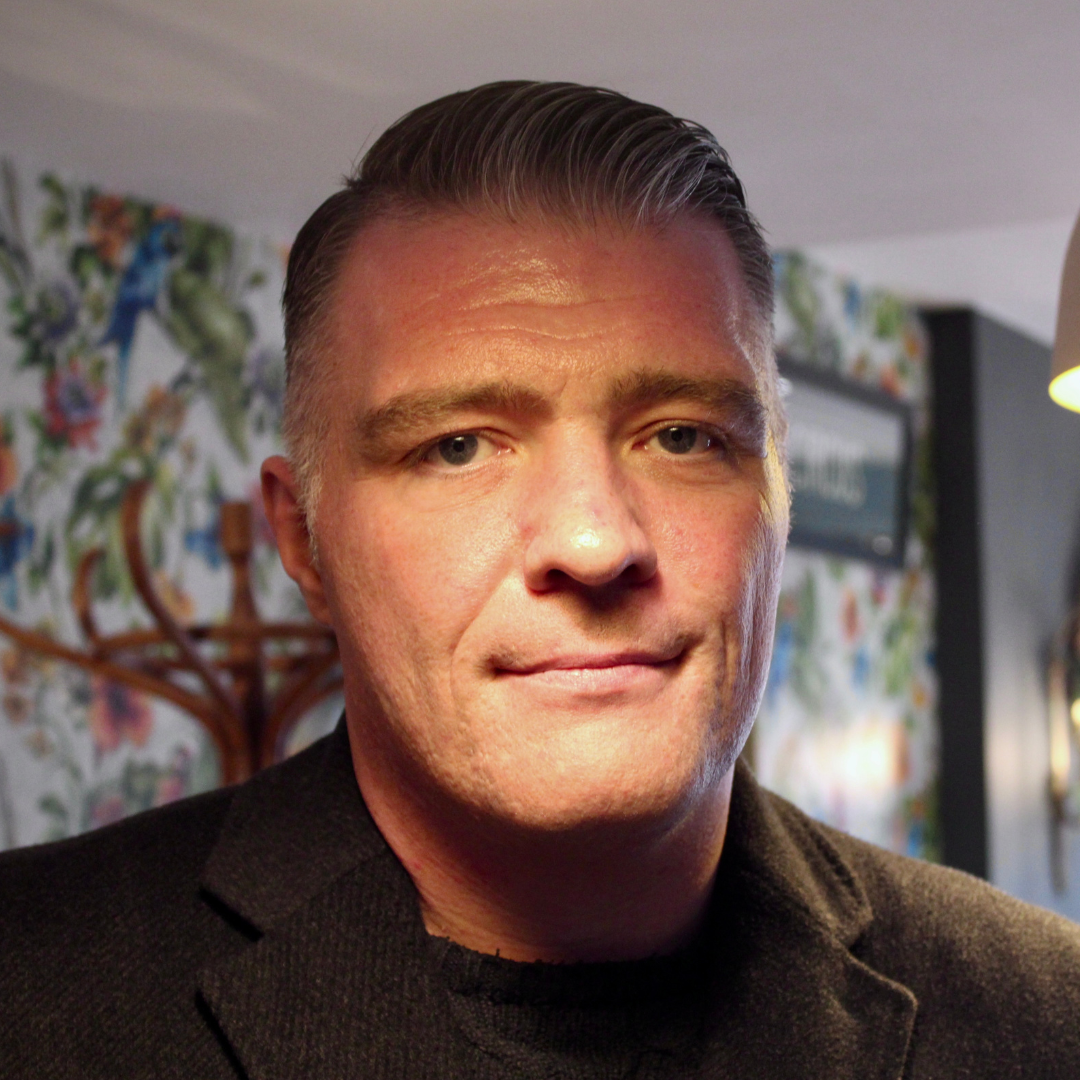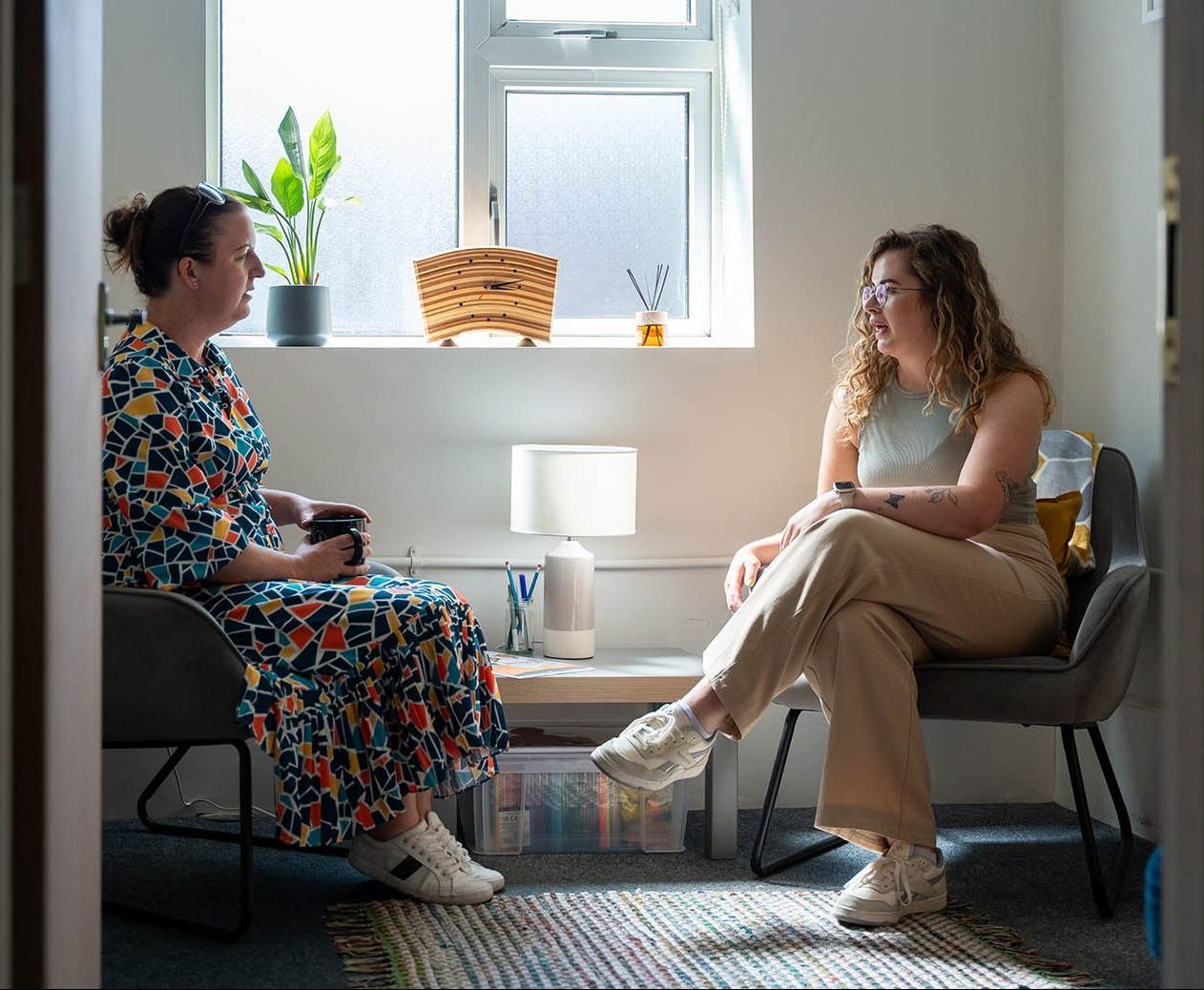
Bright Futures
Lessons for Life
Words by Curtis McGlinchey
Josh was five when he was first diagnosed with cancer. His second cancer diagnosis came at 16. Both were endured at major educational milestones and would go on to shape his passion for ensuring young people aren’t deprived of opportunity because of critical illness. He is now CEO of Bright Futures UK, the only UK charity supporting children and young people back into education after long-term illness.
It was at university that Josh’s experiences would come to find new meaning. Fellow student and friend Natalie had to drop out to receive cancer treatment and it became apparent there was no educational programme to help her transition back to university.
“There was nothing in place to support her or others experiencing long-term illness, so Natalie and I thought we’d do something about it.” Josh and Natalie ran their first pilot in partnership with University College London Hospital (UCLH) in 2017. The sessions confirmed their belief that children and young people needed this kind of intervention as a dedicated service. “For these first groups we asked participants what they struggled with the most, in terms of the educational and social aspects of school, and what comes next after illness. We learnt that a lot of energy is expended thinking about treatment, let alone actually going through it, so it’s important that we work with mental and physical health conditions.”
Building a career can seem like a distant ambition to young people in long-term treatment, but Bright Futures UK repositions what can be internally perceived as redundant, dormant time, into something life affirming. As Josh says: “The fact young people can overcome such adversity and then go on to follow their passions – not many people can say that.” He continues: “It’s a light bulb moment for kids as they understand that this makes sense. We give them the motivation and support to see that overcoming such an adverse experience is a huge strength.”

“There is life after cancer, but insufficient education specific programmes make this an incredibly difficult proposition.”
Bright Futures UK the charity was formed in 2016 and launched in 2017. Today there are four core areas of service delivery: Tutoring, Befriending, Career Mentoring and inpatient Workshops. Tutoring is the most popular service on offer with Bright Futures UK, connecting young people with students, tutors, teachers, retired teachers, masters and PhD students. Not to mention the diverse groups of volunteers, from professionals and freelancers to people taking a career break, who while not working in education can offer equally valuable life experience and skills through other programme areas such as Befriending, Mentoring or Workshops. Indeed, volunteers are the backbone of the charity. As Josh explains: “Our volunteers are recruited constantly and come from all walks of life, with their specific skills and knowledge matched to the needs of the programme and young person. For example, the team managed to enrol a pilot onto the mentoring programme when the request came in. After a match is found there is an initial consultation with the young person to determine how many sessions are needed. Tutoring sessions can last up to two years, but programme wide the expectation is usually a commitment of at least ten hours.
95% of this volunteering activity now happens online so the charity can reach as many children and young people as possible. “Pre-pandemic,” says Josh, “we couldn’t grow with the huge admin surrounding the service.” But going digital doesn’t mean being carefree, especially when it comes to safeguarding and making sure volunteers and service users are having the best possible experience. “We align with NHS standards for training and protecting volunteers and have safeguarding provisions in place to protect the entire programme. We check in regularly with both parties and have a comprehensive formal appraisal.” The importance the charity places on this aspect of service delivery is backed up by their investments. Josh and the team are currently putting in place new system to run online programmes with a focus on safety and outcomes.
“It’s impossible for one charity, however big, to offer every service with the required time and expertise, particularly one as specific as educational intervention.”
It’s all part of doing what they can to meet their own expectations of excellence and meeting ever-increasing demand. “It’s a bit like a start-up culture here,” says Josh. “We have four full-time staff and hire people on their passion.” It’s no coincidence to mention digital investment and start-up culture. In many ways, Bright Futures is based on the peer-to-peer principal used by tech start-ups, think apps like Uber and Deliveroo, who use digital applications as a platform to connect two different people to a common yet distinct goal. Bright Futures does the same thing with young people and volunteers, just without the taxis, fried chicken and the billion-dollar balance sheet.
However, the analogy can only go so far. While those companies are underpinned by algorithms, Bright Futures UK is powered by people. Along with Josh there’s a hiring volunteer manager and two programme coordinators, who between them manage the task of not just finding volunteers but connecting them with young people in thoughtful and considered ways. A key part of this is maintaining strong relationships with NHS partner hospitals, with healthcare professionals generating the majority of referrals.

Josh acknowledges the incredible work carried out by other charities such as Macmillan, but it’s impossible for one charity, however big, to offer every service with the required time and expertise, particularly one as specific as educational intervention. As Josh says, “the key thing about our charity is tailored support for young people and offering bespoke services, because every young person is different and dealing with an illness is different for everyone.”
At every turn, Josh’s lived experience shines through. It’s what informs the pursuit to craft service delivery into a personal experience. “We’re proactive and proud of what we can offer.” And that offering goes beyond tailored educational and personal support. The charity has created a community model of how to share skills while giving young people the tools and confidence to achieve their potential.
READ MORE

Boosting Opportunity at the Leathersellers' Federation of Schools
School led and backed by research a new social mobility project has created the dream job for Learning Mentor, Cherisa Kya-Scott.

Hope and Vision
How the friendship between an offender and his sentencing judge offers a model for the rehabilitation of those struggling with addiction.

Visyon: Supporting Young People’s Mental Health in Cheshire East
The work of Visyon, a charity for young people, shows the power and potential of community-focused approaches.